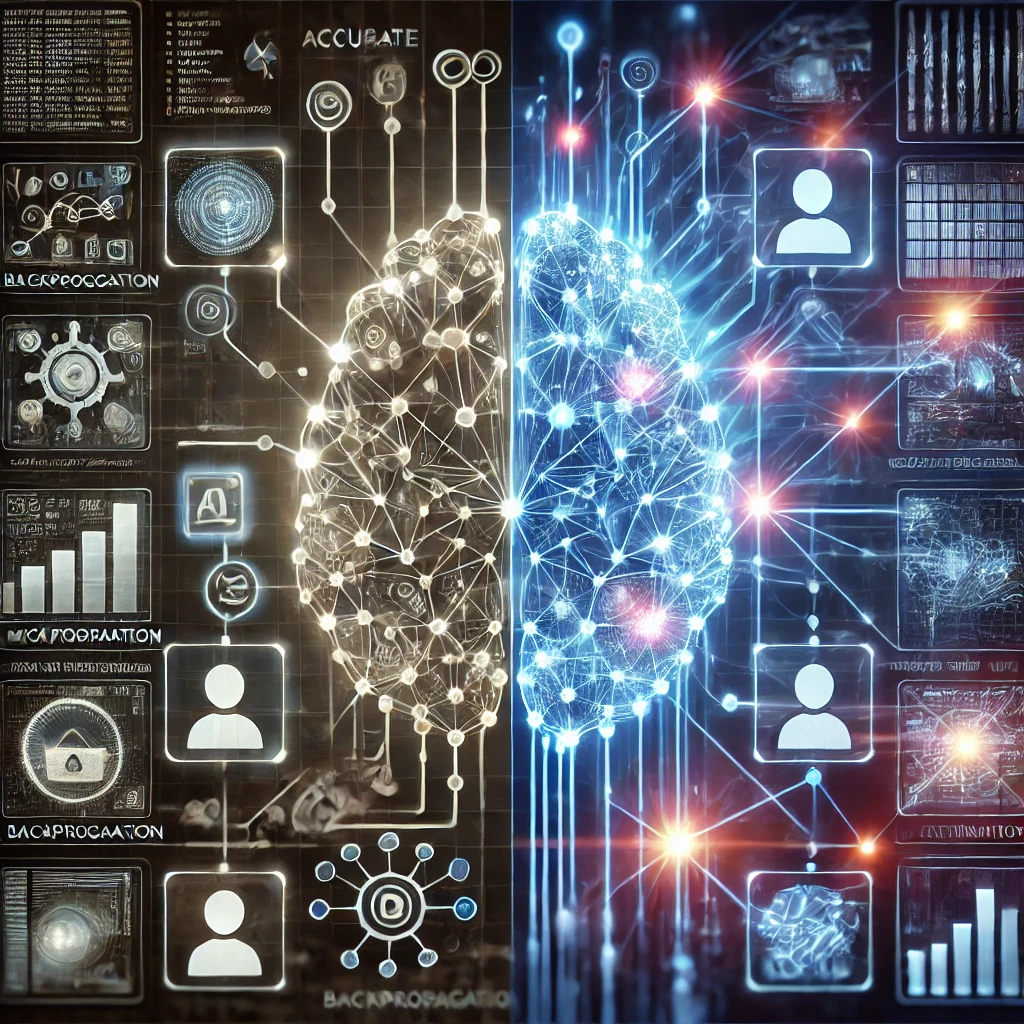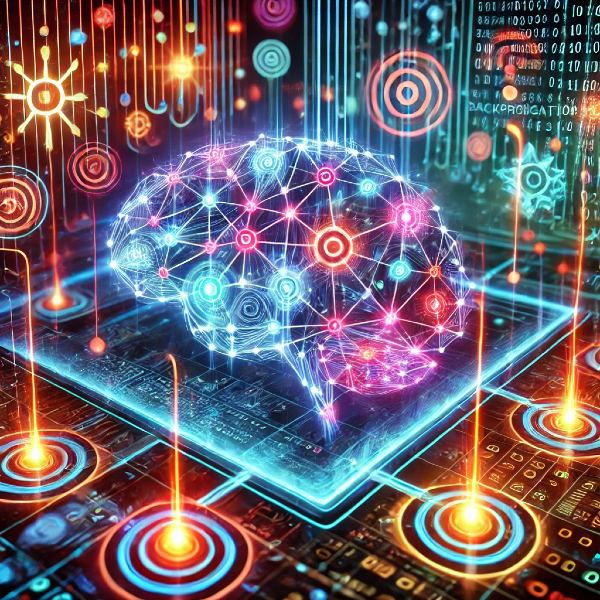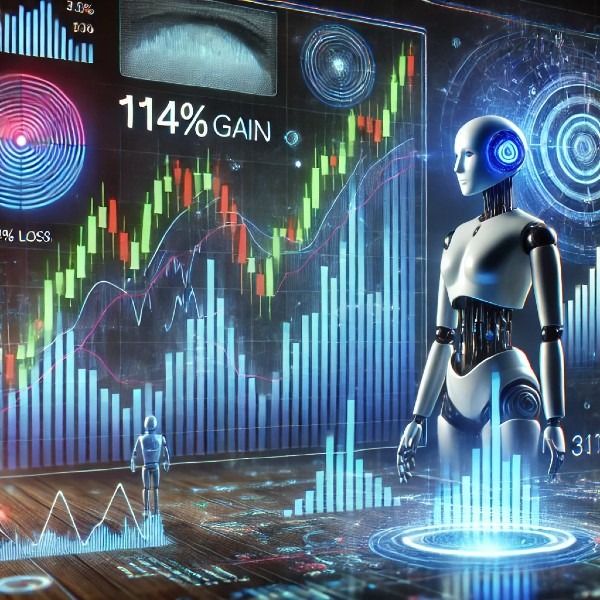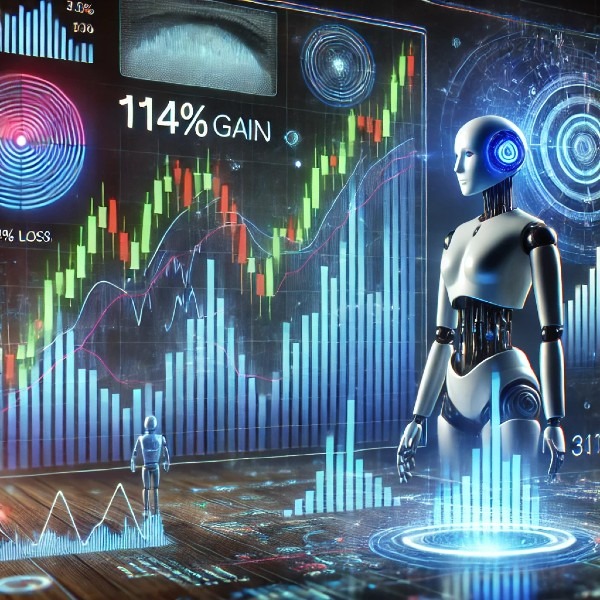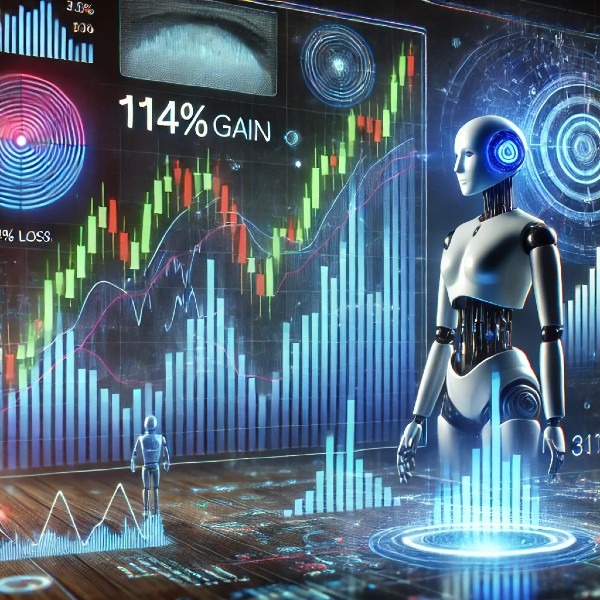Welcome to the fascinating world of Black Box AI! This term might sound complex, but it’s an essential part of today’s technology landscape. Black Box AI refers to artificial intelligence systems whose inner workings are not fully visible or understood. Imagine having a robot that can solve complicated math problems or play chess, but we can’t see exactly how it figures out each move – that’s what Black Box AI is like. It’s powerful, a bit mysterious, and incredibly interesting.
In this blog post, we’re going to explore Black Box AI and its impact on different areas like finance, the roles of developers and data scientists, its application in robotics, and the vital concept of ethical AI. This guide is designed to be easy to understand for everyone, including students in the eighth grade. So, whether you’re a curious student, an educator looking for resources, or just interested in learning about AI, this post will help you understand the basics of Black Box AI and its significance in our world.
Finance
In the world of finance, Black Box AI is like a super-brain for money-related decisions. It analyzes lots of financial data – like stock market trends, economic indicators, and bank transactions – to make predictions or choices. This is super helpful for people who work in finance because it helps them make important decisions about where to invest money or when to buy or sell stocks.
However, the mysterious part of Black Box AI in finance is that sometimes even experts don’t fully understand how it made a specific decision. This can be challenging, especially when it comes to explaining these decisions to customers or ensuring that they are fair. That’s why people in finance are working to make Black Box AI more transparent and understandable.
Developers and Data Scientists
Developers and data scientists are like the magicians behind Black Box AI. They create and manage these AI systems, ensuring they work correctly and efficiently. For them, Black Box AI is both exciting and challenging. It offers a chance to work on cutting-edge technology, but also presents the difficulty of understanding and explaining how these AI systems make certain decisions.
For these tech professionals, the goal is not just to build AI systems that work well but also to make them as transparent as possible. They strive to understand the ‘thinking’ behind AI decisions, which is crucial for improving these systems and ensuring they are used responsibly.
Robotics
In robotics, Black Box AI is a game-changer. It’s what allows robots to learn from their experiences and make decisions independently. Think of robots in manufacturing plants that can identify and fix problems on their own or robotic assistants in homes helping with daily tasks. Black Box AI gives these robots the ‘brains’ to perform complex tasks.
But here’s an interesting challenge: the decisions made by robots powered by Black Box AI aren’t always easy to understand. This can raise concerns, especially when robots are used in critical situations like surgeries or in disaster response. That’s why understanding and controlling the AI in robotics is so important.
Myths vs. Facts about Black Box AI
Myth 1: Black Box AI is Always Unreliable
Fact: Black Box AI can be incredibly effective and accurate. The main challenge is not its reliability but understanding how it reaches its decisions.
Myth 2: Black Box AI is Too Complicated to Be Useful
Fact: Despite its complexity, Black Box AI is extremely useful. Its ability to process vast amounts of data and make decisions quickly makes it a valuable tool in various industries.
Myth 3: Black Box AI Works Entirely on Its Own
Fact: Black Box AI still relies on human input and guidance. Developers and data scientists play a crucial role in designing, training, and managing these AI systems.
FAQ Section
Q1: What is Black Box AI?
Black Box AI refers to AI systems where the decision-making process is not easily understandable or visible. It’s like having a smart computer program that makes decisions, but we can’t see how it figured them out.
Q2: Why is Black Box AI important in finance?
In finance, Black Box AI helps analyze large amounts of data to make predictions about market trends and investment opportunities. Its ability to quickly process and analyze data makes it a valuable tool for financial decision-making.
Q3: What do developers and data scientists do with Black Box AI?
Developers and data scientists create and manage Black Box AI systems. They work to understand these systems better and make them as transparent and effective as possible, ensuring they are used responsibly.
Q4: How is Black Box AI used in robotics?
In robotics, Black Box AI enables robots to learn and make decisions independently. This is key for developing advanced robots that can perform complex tasks in various settings, from factories to homes.
Q5: What is ethical AI?
Ethical AI refers to the practice of developing and using AI in a way that is morally right and respects human values. It involves considerations like fairness, transparency, and accountability, particularly in Black Box AI systems.
Google Snippets
Black Box AI
Black Box AI is a type of AI where the decision-making process is not transparent. It’s widely used in fields such as finance and robotics for its advanced data-processing capabilities.
AI for Developers and Data Scientists
For developers and data scientists, AI, including Black Box AI, represents a field of endless exploration and innovation. They focus on developing, understanding, and improving AI systems for various applications.
Robotics and AI
Robotics and AI involve integrating artificial intelligence into robots, enabling them to operate autonomously and adaptively. Black Box AI plays a significant role in advancing these robotic technologies.
Black Box AI Meaning from Three Different Sources
Technology News Outlet: Black Box AI refers to AI systems where the internal logic and decision-making process are complex and not easily understood, presenting both challenges and opportunities.
Educational Tech Site: In the realm of education, Black Box AI is used to describe AI systems that assist in learning and teaching but whose decision-making process is not fully transparent.
Science Journal: Black Box AI is characterized as AI that performs tasks or makes decisions based on data analysis without a clear explanation of how these decisions are made internally.
Did You Know?
- The term “Black Box” in Black Box AI comes from aviation, where flight recorders are called black boxes because their contents are not immediately accessible or understood.
- Black Box AI systems can process more data in a day than a human could in a lifetime, making them incredibly powerful tools in various fields.
- The emerging field of “Explainable AI” aims to make AI more transparent and understandable, addressing one of the key challenges of Black Box AI.
In conclusion, Black Box AI is an exciting and important aspect of modern technology, impacting sectors like finance, education, and robotics. While it offers immense potential for innovation and efficiency, it also brings challenges in terms of understanding and ethical use. As we continue to explore and integrate AI into various aspects of our lives, it’s crucial to focus on developing AI that is not only powerful but also responsible and beneficial for everyone.
References
- Thinkful offers insights on how to address the “black box” problem in AI through Explainable AI (XAI) and transparency models. They discuss techniques like Feature Importance Analysis, Local Interpretable Model-agnostic Explanations (LIME), SHapley Additive exPlanations (SHAP), Model Distillation, and Decision Rules, which are designed to make AI models more interpretable and transparent. This is especially important in applications where decisions can have far-reaching consequences, such as healthcare or finance
- Superb AI‘s blog discusses the challenges of the reliability of AI and its adoption into society, given the opaque nature of black box models. The widespread use of AI technologies presents issues related to data bias, lack of transparency, and potential infringement on human rights. The article addresses how Explainable AI is crucial for building AI systems that are not only powerful but also trustworthy and accountable.


